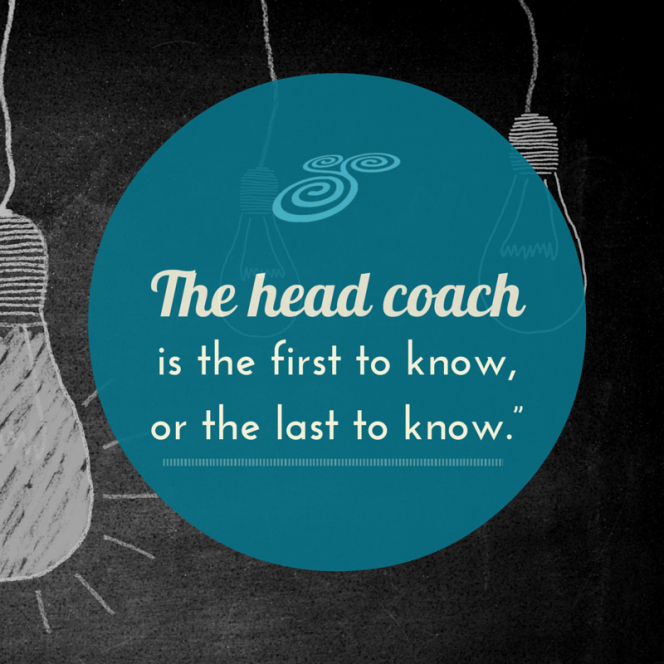
Speed Traps, Quotas and Informal Networks
I was driving this morning and as I crested a hill, on the opposite side of the road I spotted a cop, radar gun in hand, intent on bagging his quota of speeders. I passed him and began flashing my headlights at oncoming drivers to warn them to slow down.
Sadly, I don’t believe enough young drivers have been taught this informal rule of the road. Before I was old enough to drive, my dad taught me it was my civic duty to warn oncoming drivers when they were approaching a cop with a radar gun. Dad didn’t believe speed traps were about safety; he saw them as an underhanded way cash-strapped municipalities dipped their hands in his wallet.
His distrust of cops fueled his feelings about speed traps. He saw the man behind the radar gun as the reincarnation of Barney Fife, a guy on a power trip, issuing speeding tickets to people he didn’t like due to the car they drove, their race or the message on a bumper sticker.
It occurred to me that drivers who warn oncoming traffic are part of an informal network serving the greater good, blind to race, creed, color, political preference or the net worth of other drivers. These networks are like the informal networks that exist in most organizations.
Because they’re not indicated on an org chart, they usually go unnoticed and unused by leaders.
I have a friend named Céile whose company has a new strategy for serving customers. She is in a unique position that allows her to collect lots of actionable feedback about how the new strategy is working from the customer’s point-of-view. She is the primary node in a powerful informal network that her company is ignoring.

A well known NCAA Division I college basketball coach told me that, “The head coach is the first to know, or the last to know.”
This is true in organizations as well. Smart leaders tap into informal networks to get honest feedback about what’s really happening inside and outside the company. These networks help them to be among the first to know by asking three simple questions:
1) What’s going on that I should know?
2) What needs my attention?
3) What’s one thing I need to do better?
Keep in mind these “connectors” won’t discuss what’s really going on in the company if they don’t trust the leader.
And likewise, to paraphrase Patrick Lencioni in The Five Temptations of the CEO, the leader must put trust ahead of invulnerability when they ask those questions and be prepared to hear things that they may not like.
Just as sure as the flashing headlights of an oncoming driver can save you from a speeding ticket, paying attention to signals from within your company’s informal network can keep you ahead of the curve and put you in command of an early warning system that provides essential feedback before your business goes off the rails.
Postscript: On your drive home tonight, if you pass a speed trap, be sure to flash your headlights and warn oncoming drivers.